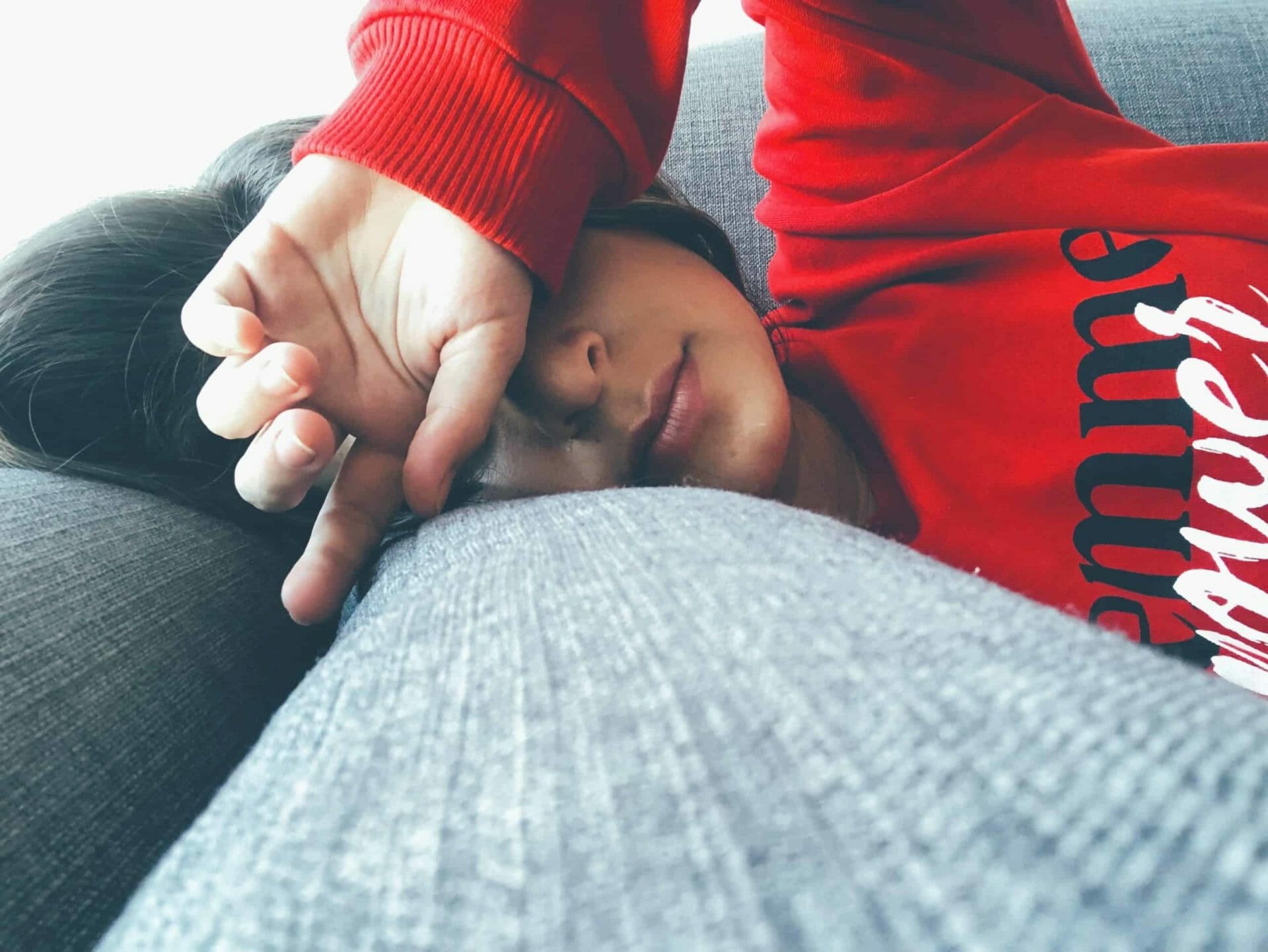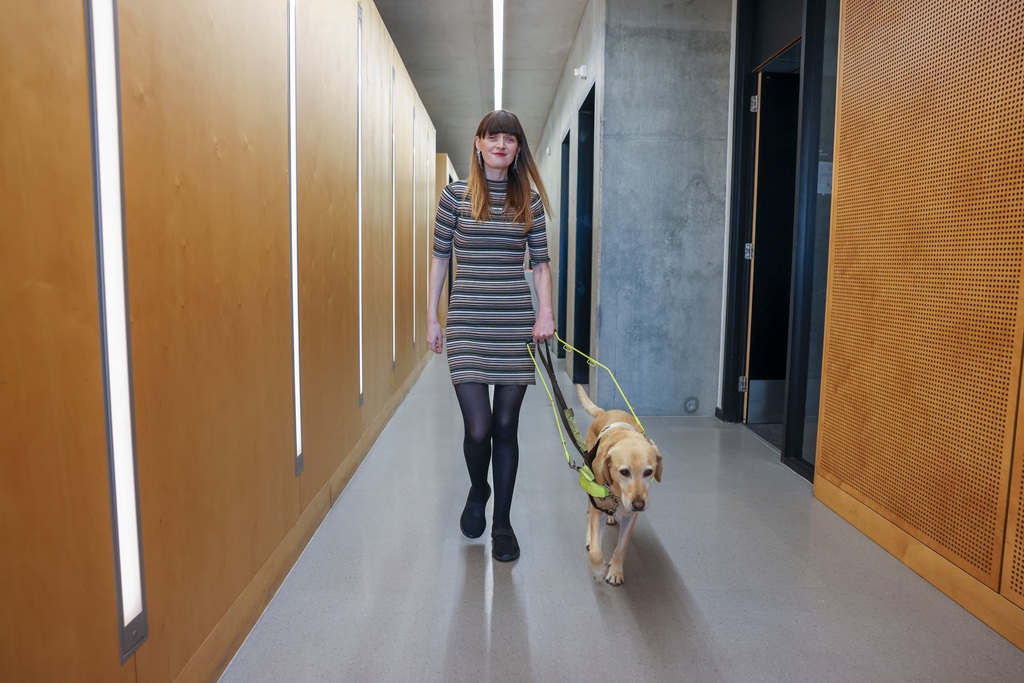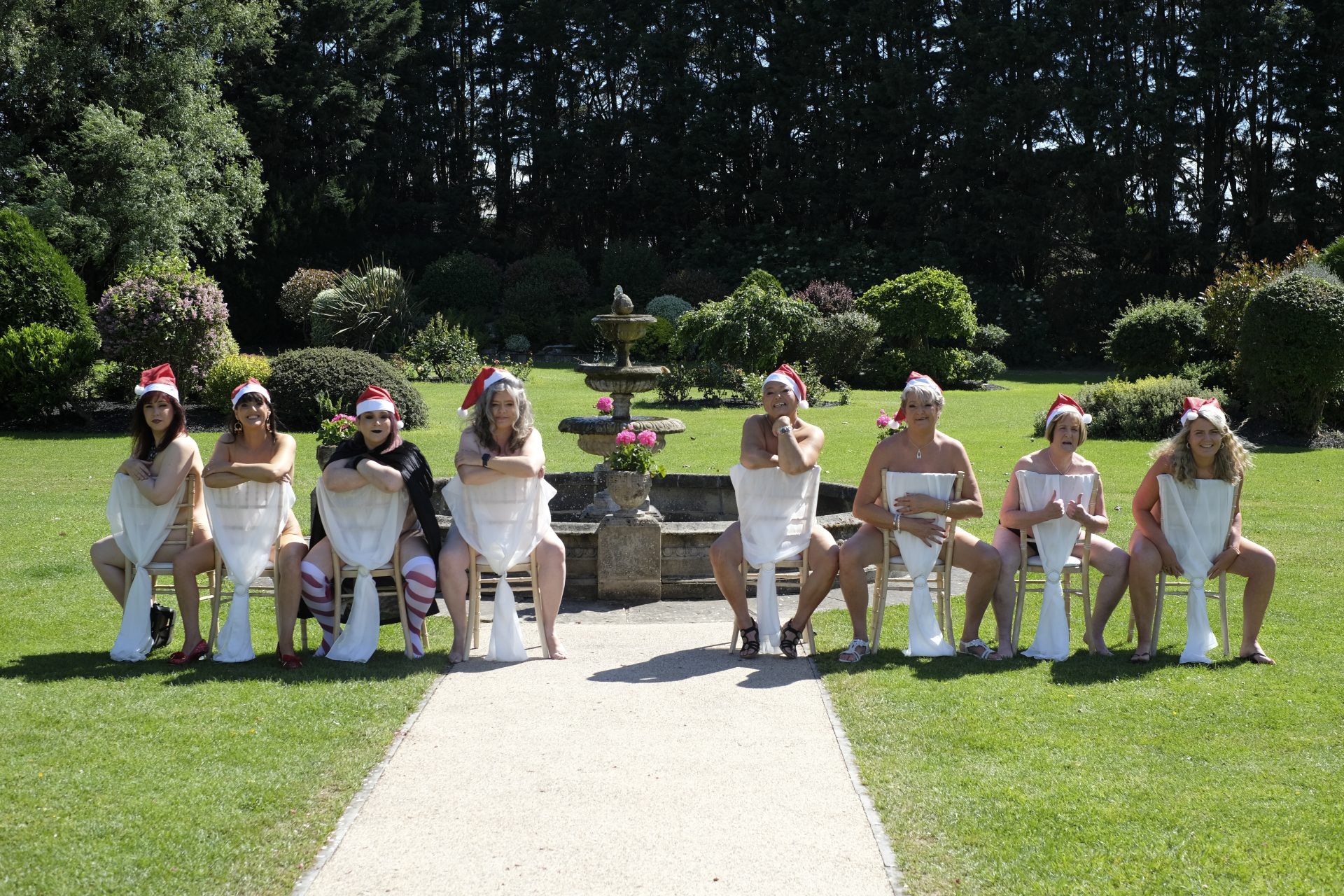Concentration fatigue

In her latest blog, Deaf advocate and Deafblind UK Outreach Officer Louise Goldsmith finds out more about concentration fatigue and its impact on people living with hearing loss.
Concentration fatigue is a familiar term in the Deaf community. Some people who are D/deaf or Hard of Hearing experience this as a side effect of their hearing loss. Trying to concentrate, watching signing, lipreading and listening to speech and sound can be exhausting, especially over long periods of time. Some people who have a hearing loss have to pay extra attention to visual cues, which ‘fill in the gaps’, of what they did not hear. A good example is lipreading. Concentrating on lipreading, sign language and body language cues puts strain on the brain, which means the body is working extra hard.
According to Healthy Hearing (2020), the sensory hair cells which are found within the inner ear, in the cochlear, play a vital role. This involves “[…] translating the noise the outer ear gathers into electrical signals, which they send along the auditory nerve to the brain”. Hearing Link (2020), further explains that the hair cells respond to different sounds, which vary in pitch and frequency. With a hearing loss, these hairs can be damaged or dead, therefore the auditory system has less/no ability to carry out this process. As a result, the brain works harder to receive and process any information it receives.
I first experienced concentration fatigue at university. I noticed that I was often leaving my lectures suffering with throbbing headaches and begun to suffer from migraines on a regular basis. As the day went on, I noticed that my hearing deteriorated the more tired I became. Exhausted, I would often collapse into my train seat and fall asleep on the journey home. I began to learn this was my body’s way of telling me that I needed a break. Regular breaks tend to help preserve any energy I have.
Jon Attenborough, 31 from Scotland, is a deafblind advocate. Jon was born visually impaired and later developed a hearing loss of a severe nature in his right ear and a moderate loss in his left ear. Jon discovered concentration fatigue when the UK first went into lockdown in. His usual face-to-face interactions were replaced with virtual meetings on Zoom. Having a dual sensory loss this is particularly challenging for Jon, who works harder to concentrate, and keep up to date with meetings. Jon discovered that daily walks in the fresh air with his beloved Guide Dog has helped his mental health and allowed him to ‘recharge’. He also highlights the importance of taking breaks from digital devices, even 10–15-minute breaks now and then have a positive impact. Jon originally battled his concentration fatigue, but now listens to his body’s needs.
Meryl Evans, from Texas, is a Digital Marketer who is deaf. Meryl did not discover the effects of concentration fatigue, until her late 30’s. After attending several conferences, she could not understand why she would return home and fall asleep immediately. In 2020, she saw a huge change in her weekly interactions during the pandemic, where video calls became a regular part of her routine to stay in touch with a friend. Due to suffering eye strain and fatigue, Meryl invested in a pair of computer glasses, which have proven to take off some strain. It also helps Meryl to start her day with a physical work out, and to spend weekends and after work hours relaxing and recharging.
Codee, became deafblind, due to Congenital Rubella Syndrome. She currently has 5% remaining eyesight and wears one hearing aid. She is an oral communicator and is currently learning sign language. Social gatherings can become exhausting for Codee. As a result, she does not interact much, despite being a sociable person. Codee carefully plans her days and ensures she has plenty of rest periods before different tasks, so she has enough energy to talk and listen. She emphasises that ‘rest time’, does not include screen time and this helps preserve her energy.
If you are struggling with concentration fatigue and need extra support please get in touch with our helpline here.
Let’s keep in touch!
Join our mailing list and we will keep you up to date about our projects and opportunities to get involved with Deafblind UK.
More Articles

How to prepare for a job interview when you have dual sensory loss
Preparing for an interview can feel daunting. There are nerves, anxiety, deciding what to wear, remembering what to say, and…

Bridging the employment gap for people with deafblindness
Together, we can help close the employment gap and ensure that people with dual sensory loss have every opportunity to...

Meet the creator behind the new Blind Naked Calendar!
Megan from our fundraising team chatted with Blind Naked Calendar creator, Josephine, to find out about her life as someone…
